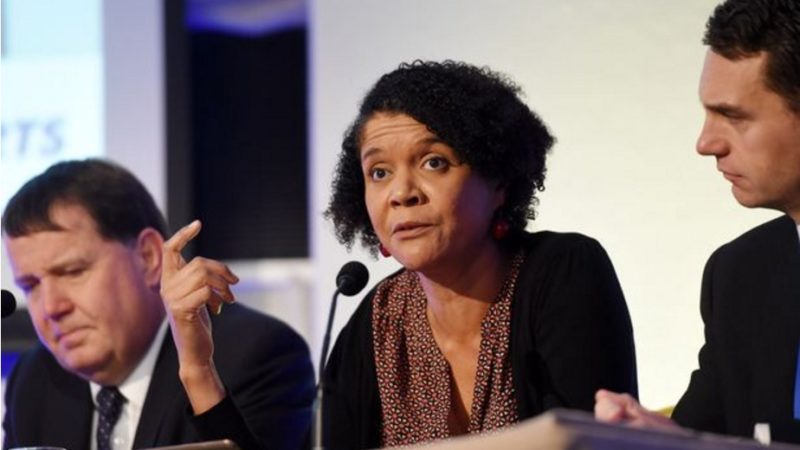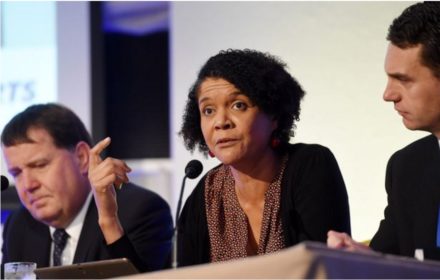

Next week Parliament returns and with it the Digital Economy Bill. The scale of the challenge is underlined by the fact that just about everything about our economy is digital, or wants to be. Whether it is farmers relying on GPS to guide their tractors, jewellery makers getting on Etsy and going global or startups using blockchain to address financial inclusion, digital infrastructure, tools, skills and platforms are the building blocks of the British economy.
And in the week that Sir Anthony Jay died the best that can be said of the Digital Economy Bill is that it an excellent example of that old Yes Minister trick – putting the difficult part in the title so you can ignore it in the rest of the document.
This Bill has so little to do with the digital economy and so much to do with the Government’s profound and tragic culture of cowardice when it comes to addressing the key challenge of the digital economy – data.
There are some good measures in the Bill – creating a legal right to minimum Internet download speeds for consumers and enabling increased penalties for nuisance calls for example – something Labour has long called for.
But the only measures on data seem designed to extend the private sector free for all to the public sector.
What is the most valuable thing you possess? For most it will be your home. Even if the housing bubble has put purchasing the roof over your head out your reach, it’s probably the most expensive thing you pay for, something that takes up to half your salary if you’re in work. But it’s worth it because you know it’s your own space, where you can relax, chose who comes in through the door and what the outside world sees through the curtains, where you feel safe and secure.
The good news is you’ve been building a home online. The bad news is you don’t own it, you’re not safe, anyone can enter, companies decide what others see of you and they own the freehold anyway.
Let me give just two examples. I do not use Facebook as a primary vehicle of communication with constituents is because I don’t want them to be advertised to on the basis of the policies or issues they raise with me – is it possible a constituent could ‘like’ my views on debt relief and then gets an advert for a pawnbroker? Last week I received an email from Google telling me that my password had been compromised. It had been used in Bordeaux. Because I was on holiday and liable to get lost, I had location services turned on. I am torn between my gratitude to Google for correctly identifying that my security was compromised and dismay that my location may have been used without my express permission.
I intend to discuss these examples with the companies concerned but I want to emphasise that whilst they have a responsibility to us for how they treat our data it is the responsibility of Government to set the framework and hold them to account. And this Government is failing on that.
That failure matters right here right now but it matters all the more because the next wave of technology change is about to break all over us. The Internet of Things has the potential to change our lives more fundamentally than any innovation since electricity. Like electricity it is an enabling technology, only the enabler is not electric current but data. Your data. And we have no idea who ‘owns’ it. Take smart meters, an IoT innovation. Who owns the data about your home, when you start making the tea, what time your children go to sleep, when you lock the back door? Amber Rudd certainly didn’t know when she was Energy Secretary, and I doubt she knows now she’s Home Secretary. It is not only the private sector where confusion reigns. The Digital Economy act proposes to make it easier for public sector entities to share your data without your explicit permission even though care.data, the scrapped NHS data-sharing proposal, has already demonstrated what a mess that is.
Data is the new property. We need a progressive ownership framework for it. We need that to be debated and discussed by everyone but particularly citizens, including those not on line. Without that, the digital economy will be hamstrung by peoples’ fears and companies’ confusion. The Government’s Digital Economy Bill says nothing about this. It is up to Labour to ensure we have a bill that gives data back to the people.




More from LabourList
LabourList readers reveal their highs and lows of Labour’s first year
Left candidate loses council leadership race after national party ordered re-run
Richard Burgon: ‘Labour MPs must reject massive cut still in disability bill’